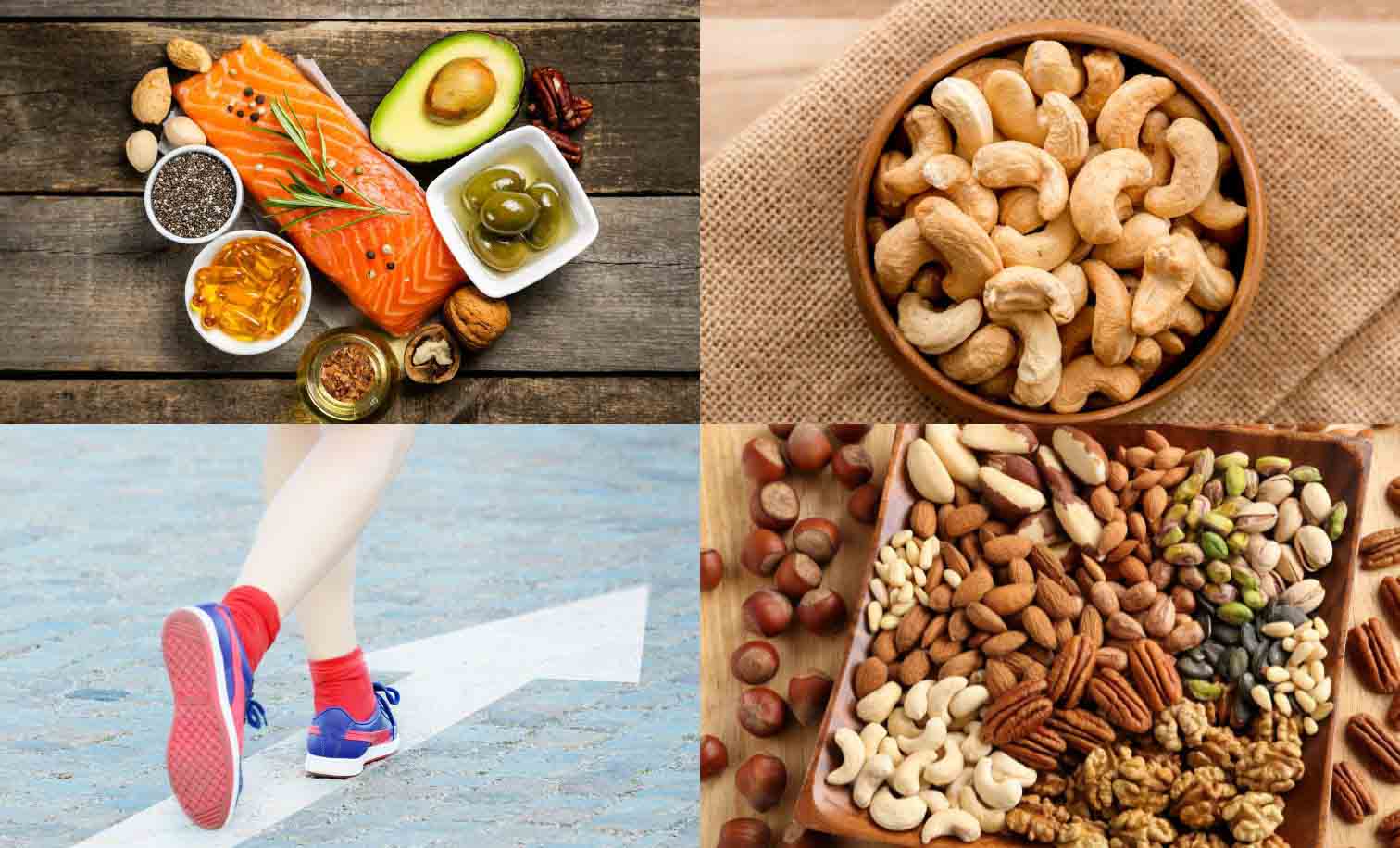1. Eat more foods of plant origin
Plants containing fiber are essentially food that beneficial bacteria use to grow. However, some types of fiber are more beneficial than others called fermentable fibers. Nurtures the growth of beneficial intestinal bacteria while reducing harmful bacteria. You can find these in foods like oats, beans, cashews, cauliflower, and yams.
2. Focus on unsaturated fats
Replacing saturated fat with unsaturated fat is not only good for your heart, it can also protect against unhealthy gut bacteria, which contribute to insulin resistance . Some types of unsaturated fats that you can use include nuts, avocados, olives, tahini and vegetable oils.

3. Get moving
Staying active is also thought to reduce systemic inflammation and contribute to insulin resistance. Exercising regularly for at least three hours a week at a moderate intensity improves the number of healthier gut bacteria. Just as physical activity exercises your muscles, it also gives your intestinal muscles a workout.
4. Eat more nuts
To have a healthy colon, eat some nuts. Not only are nuts high in good-for-you unsaturated fats and fiber, they also contain powerful disease-preventing substances called polyphenols. Because polyphenols are difficult to digest, most of them pass intact to the large intestine. Once they get there, beneficial gut bacteria can eat them, and this process is called fermentation.
